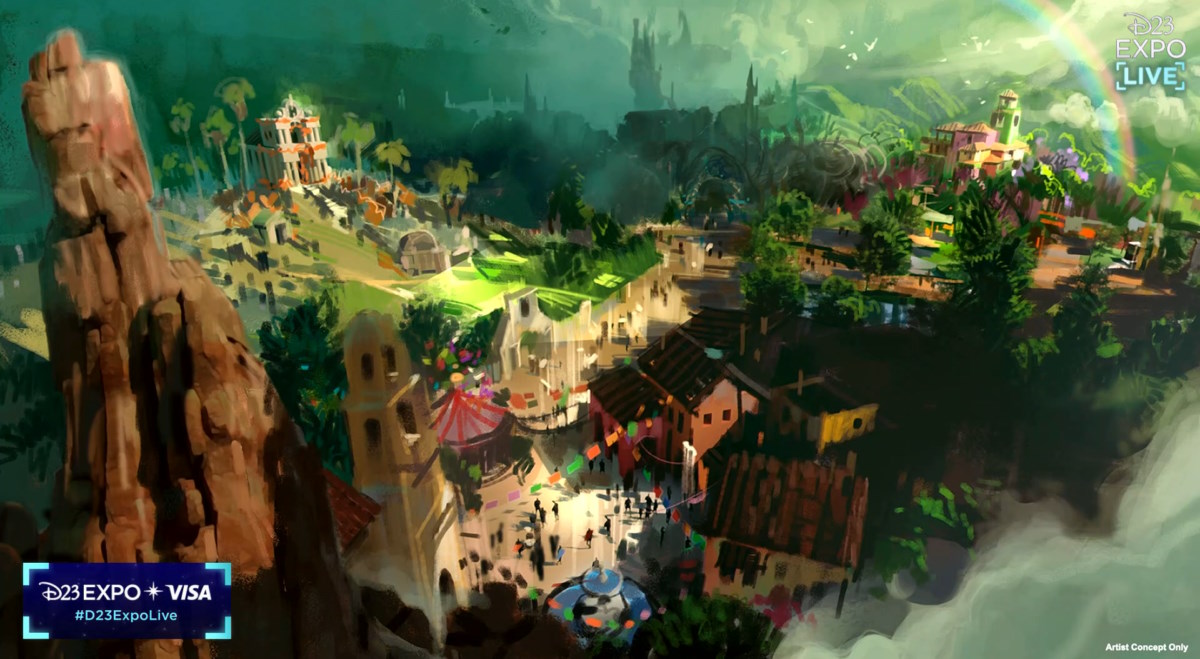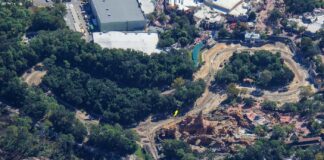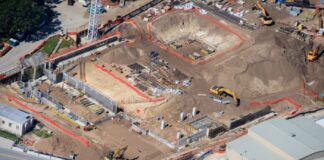Disney made headlines in September when they announced they were planning to invest $60 billion into its theme parks over the next 10 years. That announcement generated lots of excitement, but Disney poured some cold water on that optimism during their latest earnings call.
During the 2023 fourth quarter earnings call, CEO Bob Iger said Disney plans to “turbocharge” investments into its parks and experiences division. However, Interim CFO Kevin Lansberry clarified that point and said those investments will “ramp up” towards the “back half of that 10-year period.”
That 10-year period, which by all accounts begins in 2023, puts the “ramp up” period beginning around 2028 and lasting through 2033. While Lansberry noted gradual spending increases are coming in the next few years, the significant parks investments Disney promised are several years away.

Disney fans may not be surprised by Lansberry’s comments given the company’s current refusal to commit to any new projects. Disney has “announced” multiple blue sky (meaning big idea) projects that haven’t been officially approved. See the D23 presentation that included ideas for Disney’s Animal Kingdom and additions to Magic Kingdom. Those presentations were ideas of what Disney could do, not what they are going to do.
Even if Disney officially approved a big expansion project today, it’d take several years for it to open. EPCOT’s transformation and TRON Lightcycle Run are great examples of Disney’s slow construction timelines. With that in mind, it’s possible a new project wouldn’t be approved until 2028 and then not opened for several more years. That’s a glacier pace even by Disney’s standards when the parks need investments now.
It’s confusing to hear Disney praising the revenues from its parks and experiences division while simultaneously pushing off necessary investments. Even with Walt Disney World slumping (a topic Disney dodged when asked), the segment is still extremely profitable. One would think Disney would want to capitalize on that – maybe even protect themselves against Universal’s Epic Universe in Orlando – and invest in a timely fashion.
Will Disney’s slow timeline stunt one of the most profitable parts of its business?






